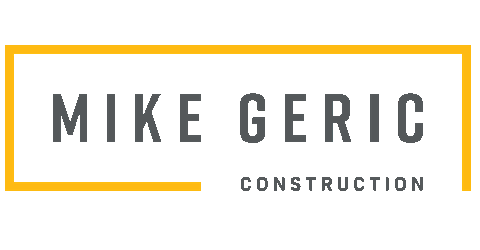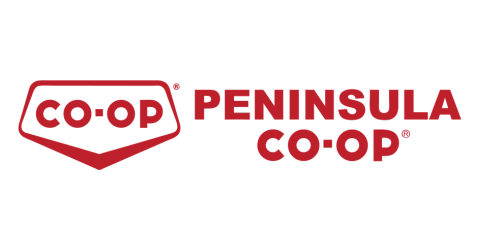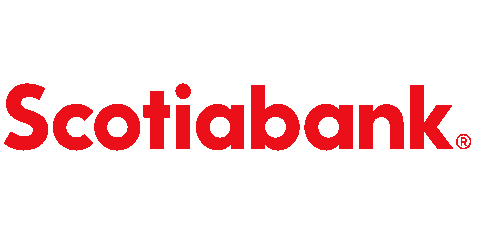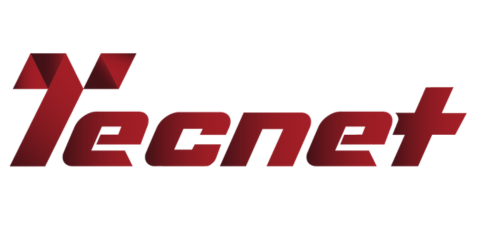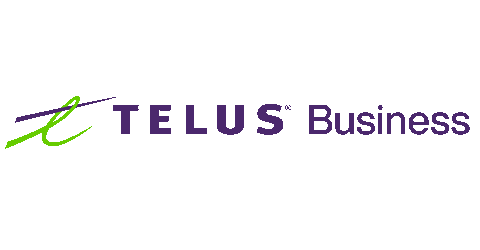Until mid-March, I had spent four years as CEO of the Greater Victoria Chamber of Commerce advocating for solutions to problems created by a booming economy. But in an instant, those concerns faded away.
With the world gripped by a pandemic, our region was forced to stop doing business as usual. It has not been easy, but my great hope is we embrace changes that arrived uninvited but could hold the key to solving fundamental challenges facing Greater Victoria.
In condensed form, here are the issues the chamber was concerned about, up to three months ago:
• Our region had one of the lowest unemployment rates in the country for years — our employers needed more workers. To get them here, our cost of living had to be more affordable. And the best way to do that was to make sure we had housing that our workforce could afford. Another way was to ensure working families had access to quality affordable child-care.
• The chamber was outspoken about the need for mobility planning and less traffic on our streets to allow for efficient movement of goods and people and lower emissions.
• Our community needed to invest in public safety — we want people to continue visiting, living and working in our safe, clean and beautiful region.
• And we urged government to support business innovation to provide desperately needed solutions to climate change.
Those were our concerns then. What are they now? And by now — I don’t mean this year or quarter or even this month. I mean right now, because what is true today might not be next week.
We have one of the highest unemployment rates in the country, with most of our lost jobs in retail, accommodation and food services. The loss of tourists and reduced business operations forced the hands of employers, who were required to shut down and lay off staff.
And now those hospitality and retail jobs face a new threat. With so many residents staying home, our downtown is missing those office workers who provide the reliable lunch crowd our restaurants need and the steady flow of shoppers our retailers require.
Our region has had a drastic reduction in commuters, both on our roads and using transit, as people work from home or find themselves unemployed. This has eliminated traffic congestion and also our child-care shortage — as parents and kids are at home, driving each other crazy.
There is also more housing available as owners put units on the market for long-term rental rather than short-term tourist accommodation or student housing. Increased supply could eventually drive down rent and make housing more affordable.
And the province has purchased hotels for the street population because they need to be socially distant, hopefully keeping them healthier and safer and improving the overall safety of our city.
And finally, reduced vehicles, flights, ferries and production and transportation of goods has led to a global reduction in greenhouse gases. The Olympic Mountains can be seen in stark relief, our air is even fresher than it was and we can hear birds singing downtown. People are out riding their bikes everywhere. It’s not a permanent climate-change solution, but it is a once-in-a-lifetime opportunity to see what the world is like with lower emissions.
The thing with change is that there is no way to go back. We can only go forward. I hope this shock to our world will do two things.
First, we’ll remember how quickly our booming economy and socially active community can be brought to its knees. And, second, as activity ramps up, we will keep those things that have changed us for the better.
So, if you love this city and this island, here’s the challenge:
Think about what and how you buy. You might not find everything you want on Vancouver Island, but I guarantee you can find everything you need. Think hard about what you need. Because I’m hoping you’ll include local businesses on that list. Buy local.
Think about how you get around. Transit is safe and will continue to be so. Dedicated bus lanes will be finished soon, and we will have a new fleet of electric buses. Bikes, including e-bikes, are fun and fabulous. We’ve now seen Victoria with no congestion and lots of parking. Don’t go back to your car — travel differently.
Think about who’s carrying the burden. Child care is an economic issue. Women are bearing a disproportionate burden while everyone is working from home. Women are the majority of hospitality and retail workers, so their jobs have disappeared at a higher rate than men’s. Recovery means giving everyone a fair chance at getting back to economic security. Support government’s multi-year, society-changing investment in child care.
Think about what keeps you safe. Public safety is not only about the police. Yes, they are essential, but we are the public and we need to keep each other safe. Our streets need to be occupied by customers, visitors, business owners, office workers and residents. Get out of your house.
Think about where you plan to travel or vacation. Take advantage of living on an island with no cases of COVID-19. If New Zealand can do it, so can we. Again, get out of your house and see this amazing place. Don’t stay home — stay local. Support Island tourism.
And finally, think about how critical it has been to have accurate information over the past few months. The Times Colonist, CHEK and CFAX and local branches of the CBC, CTV and Global, as well as local niche publishers such as The Narwhal and the chamber, provide reliable information. Journalism matters. Support local media.
In January, I announced my decision to leave my position as CEO of the Greater Victoria Chamber of Commerce. The time has now come. It has been a privilege — not just over the past four economic boom years, but, especially, over the past few scary months. I had the chance to do what I could when business owners, community leaders, our staff, our members, our media and our political leaders came together to communicate, invent, and try really, really hard to help each other.
At this moment, we have a damaged economy and a more tightly knit community. Both of those changes will have a profound impact in ways we can’t foresee.
We’ve pushed the reset button. Let’s make what comes next matter.
This column was published in the Times Colonist on June 13, 2020














